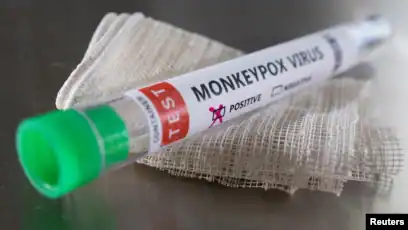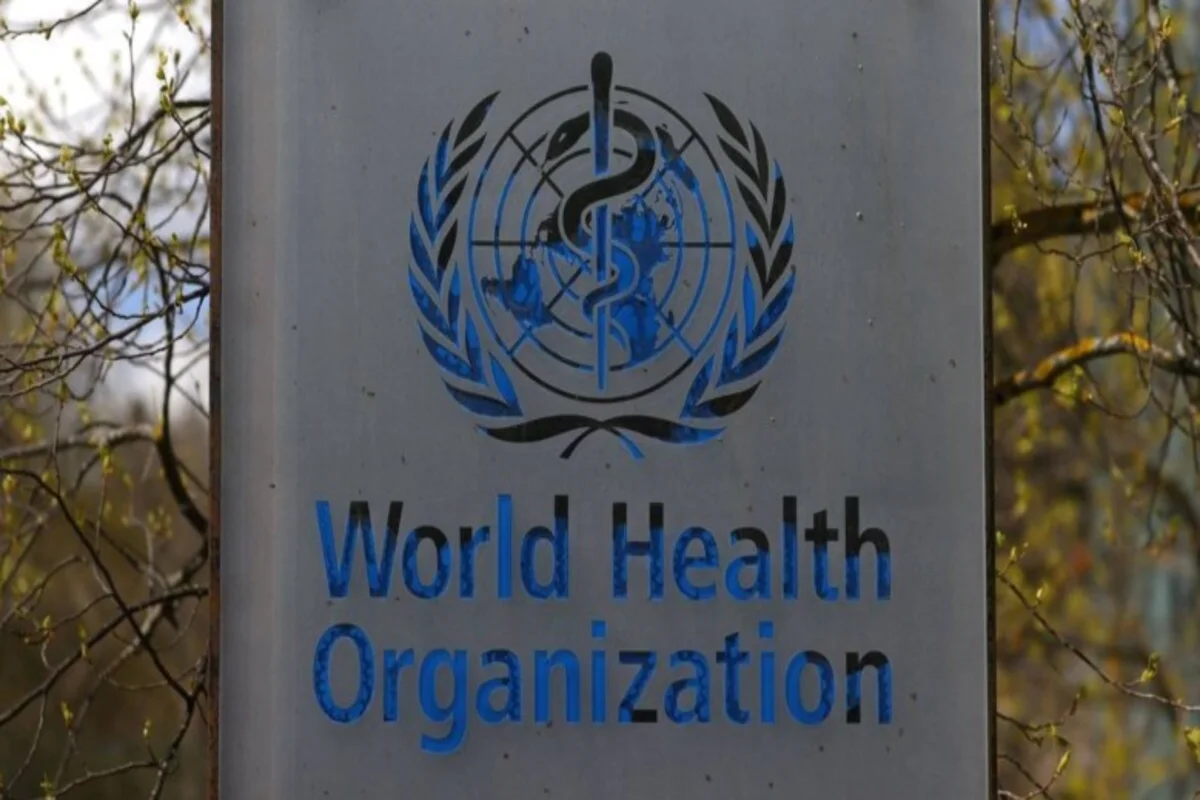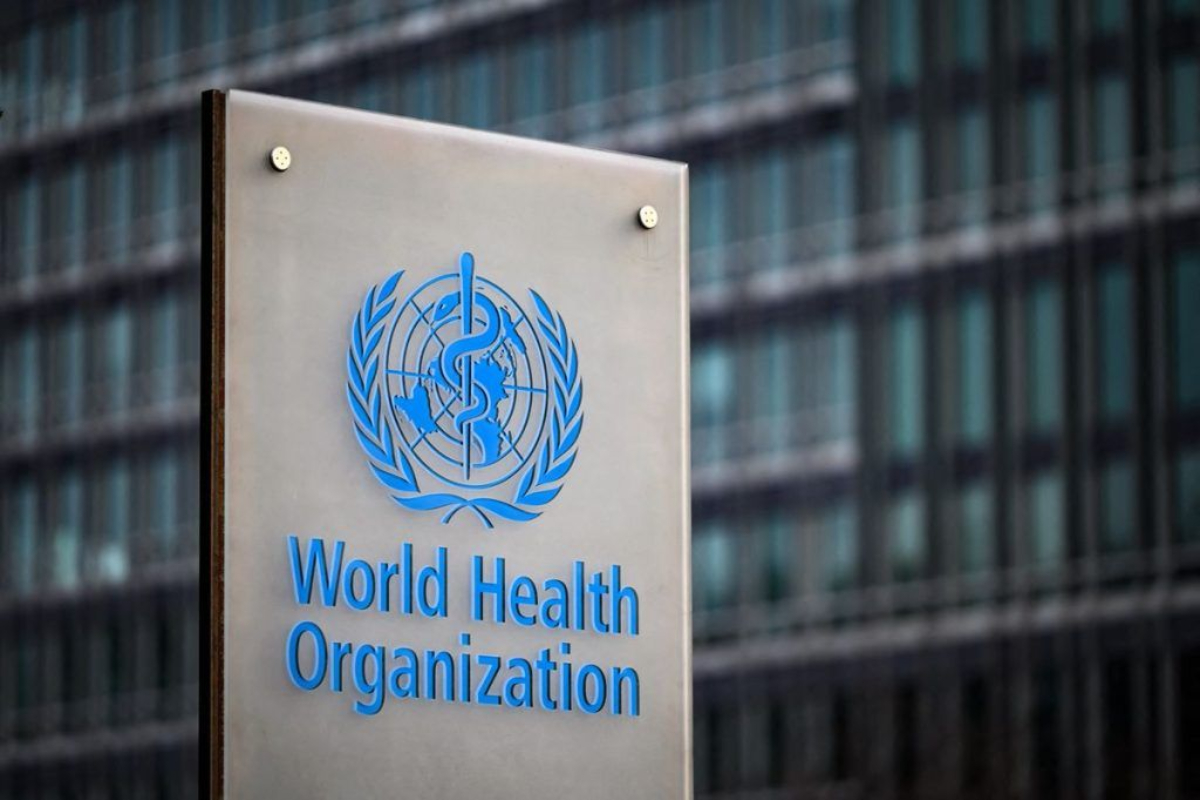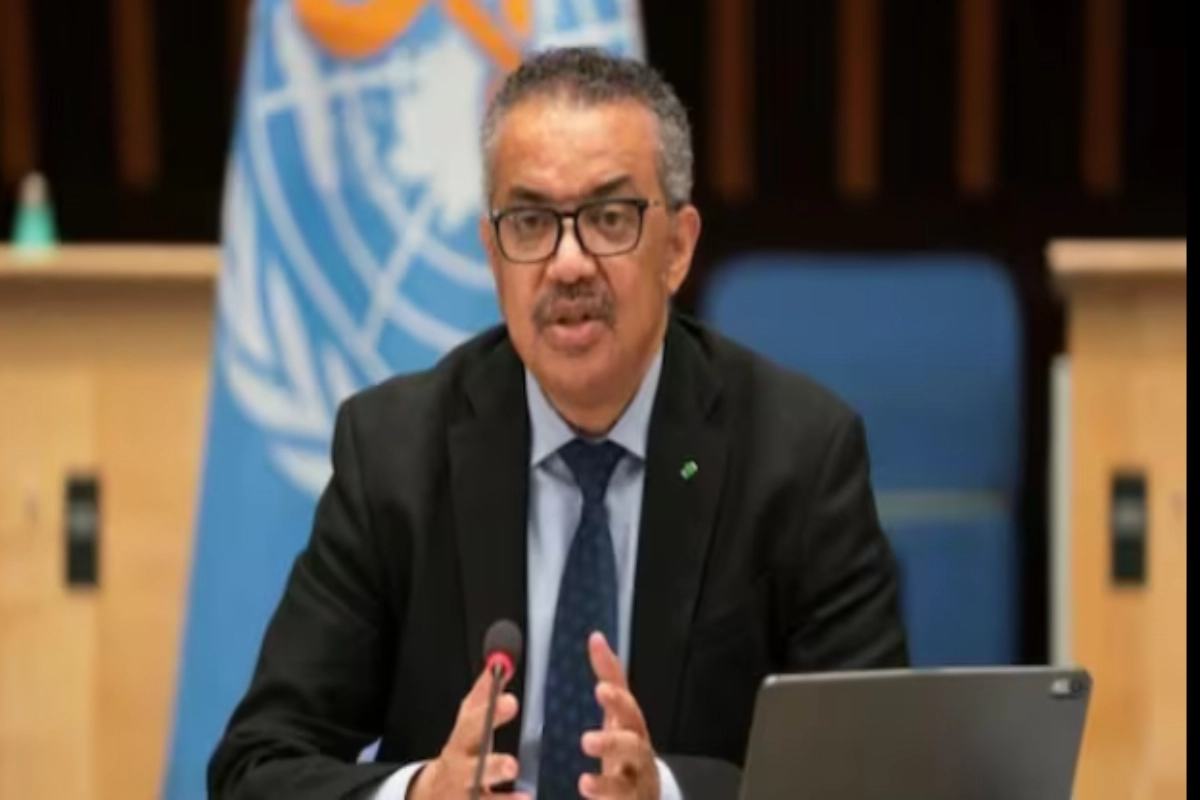The World Health Organization is set to reconvene its expert monkeypox committee on Thursday. The committee has been formed to decide whether the outbreak now constitutes a global health emergency—the highest alarm it can sound.
This will be the second meeting of the emergency meeting on the virus, and the worsening situation will be examined, with nearly 14,000 cases reported from more than 70 countries.
A surge in monkeypox infections has been reported since early May outside the West and Central African countries where the disease has long been endemic.
The WHO committee first met on June 23, to decide if monkeypox constitutes a so-called Public Health Emergency of International Concern (PHEIC)—the UN health agency’s highest alert level.
But a majority advised WHO chief, Tedros Adhanom Ghebreyesus, that the situation had not met the threshold then.
If the committee advises Tedros that the outbreak constitutes a PHEIC, it will propose provisional recommendations on how to prevent and reduce the spread of the disease and manage the global public health response.
Ninety-eight percent of reported cases “are among men who have sex with men, and primarily those who have multiple recent anonymous or new partners,” Rosamund Lewis, the WHO’s technical lead for monkeypox, told a press conference on Wednesday.
According to the WHO, patients are usually of young age and chiefly in urban areas.
“That’s why WHO is continuing to work with patients and community advocates to develop and deliver information tailored to the affected communities,” said Tedros.
WHO emergencies director Michael Ryan said the LGBTQ community was one of the most engaged and responsible, having worked hard over decades to combat HIV, “so, therefore, we have full confidence that this community can, and will, and is, engaging very closely”.
A viral infection resembling smallpox and first detected in humans in 1970, monkeypox is less dangerous and contagious than smallpox, which was eradicated in 1980.
Must Read: Trump’s Actions During Capitol Insurrection to be Dissected
Keep watching our YouTube Channel ‘DNP INDIA’. Also, please subscribe and follow us on FACEBOOK, INSTAGRAM, and TWITTER.











